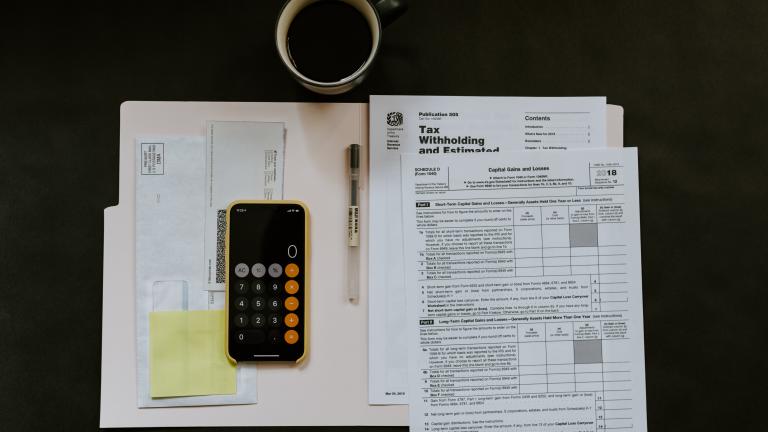Tasha Schuh is speaker, resilience expert, singer, songwriter, and author of two books, My Last Step Backward and My Next Move Forward. Tasha started the PITCrew Movement, which is a support team for mental health analogous to a racing team; “It shows the importance of asking for help, supporting one another, and knowing who is there to help us when we need it.” In support and expansion of the PitCrew Movement, Tasha founded the Power of PATH: Building Resilience for Mental Health and Suicide Awareness Curriculum™, which is SAVE* Certified.
Tasha has learned to live life to its fullest despite any obstacles. At sixteen, Tasha was rehearsing for a theatrical performance of “The Wizard of Oz” on her high school stage. During a scene change, she inadvertently fell backward through an open trap door. Tasha fell sixteen feet to the concrete below, ultimately leading to paralysis from the chest down. Doctors were pleasantly surprised when they realized Tasha still had function in her wrists. This realization allowed Tasha to maintain her autonomy; she had the ability to drive, independently eat, apply her own make-up, and complete other tasks.
Tasha has stated that, “To have a wonderful life, people must endure the bad times. When they come out on the other side, they will see that everything is even better than it was before.” With this positive and inspiring life view, Tasha was able to journey forward; earning two bachelor’s degrees, one from Winona State University and one from Maranatha Christian College, being crowned Ms. Wheelchair USA, and receiving the National Rehabilitation Champion Award in 2012. Today, Tasha continues her inspiring path presenting her speech, “Enjoy Your Ride” and through her album, Hold on to Hope. The album features Tasha’s cover of “Somewhere over the Rainbow” by Judy Garland, and her first original song entitled, “Hope.”
Alexandra Nicklas, our Different & Able President and Founder, interviews Tasha about her diagnosis, her love of musical theatre, and her work as a motivational speaker. Tasha’s vivacious personality, her empathetic nature, and her amazing spirit illuminates this video, as she shares her amazing life story. Tasha’s vision for her future and others is clear; "Make sure you love every moment of today. Live in a state of awe of your blessings. And never settle for anything that steals your joy."
*SAVE is an acronym for the following: Signs of suicide, Asking about suicide, Validating feelings, Encouraging help and Expediting treatment.


